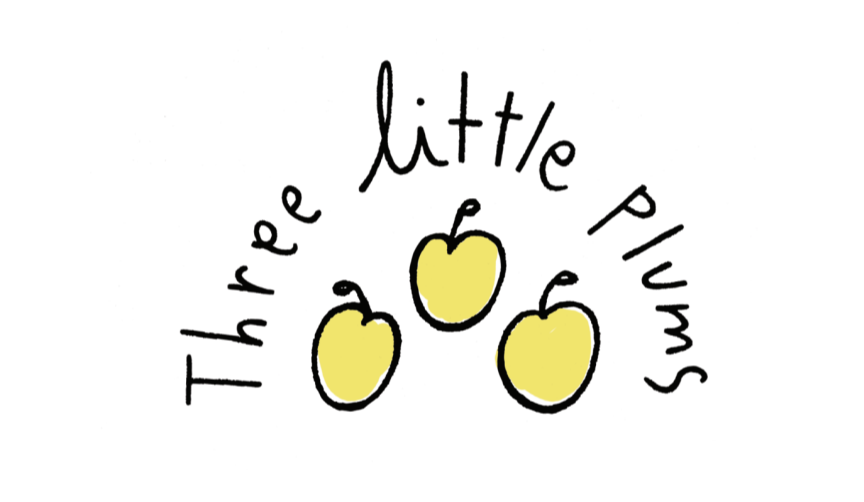Why You Should Avoid Chemical Weed Killers and What to Use Instead
Weeds are part of life if you are a gardener or have a lawn.
Healthy soil will always draw hungry weeds.
However- how you treat and manage weeds is important, as many quick acting chemical herbicides contain some very potent and harmful chemicals; chemicals that are especially harmful to young children and pets who enjoy playing and rolling in the grass.
WHAT ARE HERBICiDES?
Any substance used to control, repel or destroy plant (weed) or animal life is a pesticide. Herbicides are a type of pesticide that focus on weeds.
THE WORSE OFFENDERS:
Roundup: The most popular weed killer in the U.S. The WHO calls its main ingredient, glyphosate, a “probably carcinogen”. University of Washington looked at available data and concluded that glyphosate could increase the risk of developing non-Hodgkin’s lymphoma by 41 percent. Researchers in Europe have claimed that the weed killer has serious toxic effects due to inert ingredients that amplify the toxicity of Roundup’s active ingredient, glyphosate.
Roundup is banned in nearly every European country. The US EPA and Monsanto, the maker of Roundup, claim it is safe when used as directed. However, even recent US government testing has found that some formulations using glyphosate can be genotoxic, meaning it can cause damage to human DNA (but are still studying to see if it is the glyphosate, the other ingredients or the interaction of these that have the harmful effect… and in the mean time while they figure that out allowing people to continue being exposed to it)
Additionally, glyphosate isn’t good for beneficial insects, birds and other animals, or for the rich soil biology that is the underpinning of any healthy garden.
2. 2,4-dichlorophenoxyacetic acid: If your chemical weedkiller doesn’t contain glyphosate it most likely contains 2,4 D. This weed killer works by attacking both the roots and leaves of weeds. It's used widely in agriculture in soybean, corn, sugarcane, and wheat fields and is found in home use herbicides sold in Walmart, Home Depot and other large stores.
There are links to non-Hodgkin's lymphoma and sarcoma (a soft-tissue cancer). The International Agency for Research on Cancer declared 2,4-D a possible human carcinogen, based on evidence that it damages human cells and, in a number of studies, caused cancer in laboratory animals. Additionally it is a known endocrine disrupting chemical that could decrease fertility and raise the risk of birth defects
NATURAL HERBICIDE/ WEED CONTROL
The good news is that there is no reason to use chemical weedkillers at home. Here are some alternatives that work on managing and even eliminating weeds and are safe for everyone
Hand-weeding: Regularly pulling up any weeds that appear is the easiest and safest way to control weeds in a home garden. The key to success with hand weeding is to do it regularly to avoid it getting out of hand and overwhelming, The best time to kill weeds is when you can barely see them so daily monitoring pays off. In a large lawn you might just want to live with small weeds like dandelions
Boiling water: Spot pouring boiling water right onto the root of a weed will also kill it. This method is ideal for weeds growing on flooring like sidewalks and driveways.
Vinegar, dish soap and salt: MIX: 1 gallon vinegar, 1 cup table salt and 1 TBSP dish soap. This is ideal for weeds growing through cracks on flooring or in areas where you DO NOT WANT any plants to regrow: the salt mixture will make it impossible to grow any healthy plants in the sprayed area afterwards - so be careful where you use this. This mixture is most effective when exposed to the sun. TIP: use a spray bottle where you can switch between spray and stream. If it’s a small area, shoot a stream; if it’s an all-over weed situation, spray.
Lemon Juice: Fill a spray bottle with lemon juice and spray weeds (careful not to get any on your skin as lemon juice can burn and stain your skin if exposed to sun). This will require a couple of days of repeating. To make it stronger add vinegar
MULCH: To mulch is to add, like a blanket, a specific material over the surface of the soil. Mulch is one of the most effective ways of preventing weeds. Not all mulch is safe- avoid treated wood mulch and be careful with some store bought mulches which could have gone bad and ( smell vinegary and pungent). The right organic mulches can not only help control weeds but improve the soil’s structure, drainage, and nutrient-holding capacity as they decompose. Some examples are newspaper, fallen leaves and grass clippings. Pea Straw works well with new growth vegetable gardens- you will put about 2 cm of mulch around the new growth and then wet to keep in place. Straw, pine needles, seaweed can work for larger plants.
For home gardens: plants are most vulnerable to weeds when they are just starting to grow and are weakest. One option is to germinating seeds in containers and transplanting them into the ground once they have reached two inches or more- this will at least give the plant a head start. Full grown crops are stronger and more resistant to weeds

